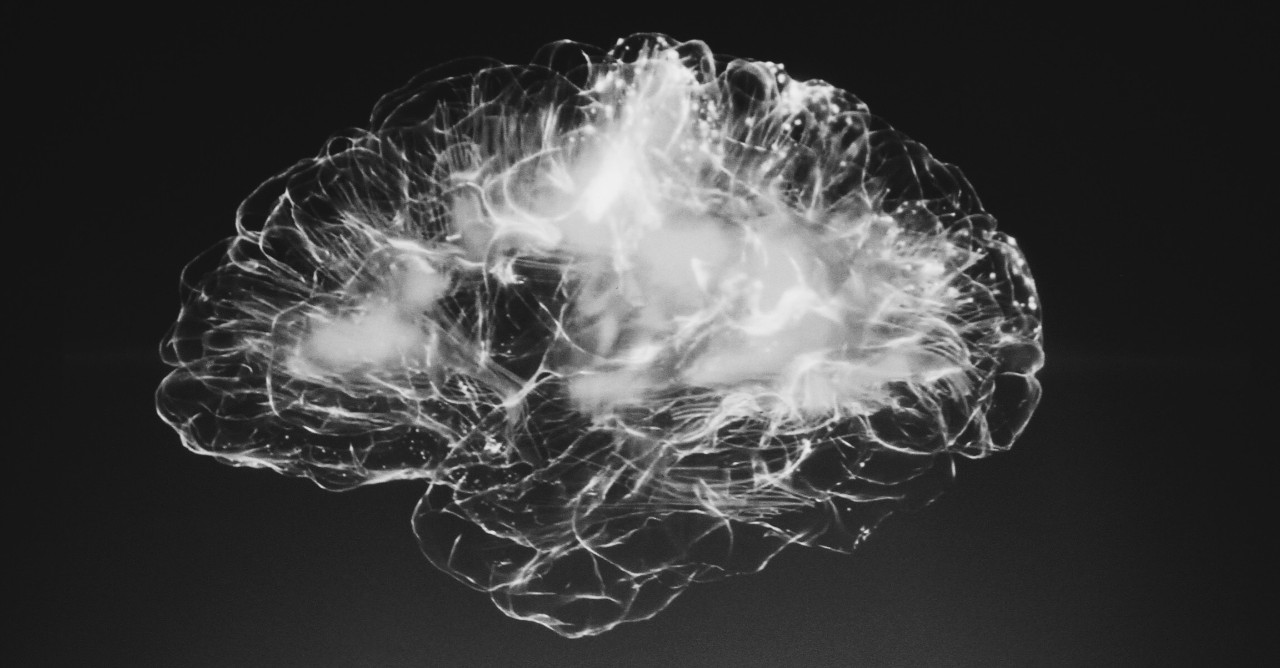
UC study uncovers clues to COVID-19 in the brain
Researchers review neuroimaging for patients and show altered mental state and stroke dominate
A study by University of Cincinnati researchers and three Italian institutions reviewing neuroimaging and neurological symptoms in patients with COVID-19 may shed light on the virus’s impact on the central nervous system.
The findings, published in the journal Radiology, reveal that altered mental status and stroke are the most common neurological symptoms in COVID-19 patients, which authors say could help physicians notice “red flags” earlier.
"Studies have described the spectrum of chest imaging features of COVID-19, but only a few case reports have described COVID-19 associated neuroimaging findings," says lead author Abdelkader Mahammedi, MD, assistant professor of radiology at UC and a UC Health neuroradiologist. “To date, this is the largest and first study in literature that characterizes the neurological symptoms and neuroimaging features in COVID-19 patients. These newly discovered patterns could help doctors better and sooner recognize associations with COVID-19 and possibly provide earlier interventions.”
Researchers in this study investigated neurological symptoms and imaging findings in patients from three major institutions in Italy: University of Brescia, Brescia; University of Eastern Piedmont, Novara; and University of Sassari, Sassari. Italy was the second epicenter of the spread of COVID-19, resulting in over 30,000 deaths.

Abdelkader Mahammedi, MD, assistant professor of radiology at UC and a UC Health neuroradiologist.
The study included images from 725 hospitalized patients with confirmed COVID-19 infection between Feb. 29 and April 4. Of these, 108 (15%) had serious neurological symptoms and underwent brain or spine imaging. Most patients (99%) had brain CT scans, while 16% had head and neck CT imaging and 18% had brain MRI.
Investigators found that 59% of patients reported an altered mental state and 31% experienced stroke, which were the most common neurological symptoms. Patients also experienced headache (12%), seizure (9%) and dizziness (4%), among other symptoms.
“Of these 108 patients, 31, or 29%, had no known past medical history. Of these, aged 16 to 62 years, 10 experienced stroke and two had brain bleeds,” Mahammedi says. “Seventy-one, or 66%, of these patients had no findings on a brain CT, out of which 7 of them (35%) brain MRI showed abnormalities.”
He adds that altered mental status was more common in older adults.
While results show that the neuroimaging features of patients with COVID-19 vary, and an altered mental status and stroke are the most prevalent in patients, Mahammedi says this study reveals that there are other conditions to be on the lookout for.
“This topic definitely needs more research,” he says. "Currently, we have a poor understanding of the neurological symptoms in COVID-19 patients, whether these are arising from critical illness or from direct central nervous system invasion of SARS-CoV-2. We hope further study on this subject will help in uncovering clues and providing better interventions for patients."
Featured photo of COVID-19 vials by Colleen Kelley/UC Creative + Brand.
Impact Lives Here
The University of Cincinnati is leading public urban universities into a new era of innovation and impact. Our faculty, staff and students are saving lives, changing outcomes and bending the future in our city's direction. Next Lives Here.
Stay up on all UC's COVID-19 stories, read more #UCtheGood content, or take a UC virtual visit and begin picturing yourself at an institution that inspires incredible stories.
Related Stories
UC professor curates Little Women exhibition to accompany Playhouse in the Park production
February 16, 2026
The exhibition traces how artists shaped the visual legacy of Alcott’s beloved novel.
Knitting possibilities with a new machine coming to UC
February 16, 2026
A new machine transforms digital design into 3D knitted structures and wearable innovations.
Scientists: Slushy snowmelt isn’t just a nuisance
February 13, 2026
Slushy snowmelt isn’t just a nuisance, scientists say. It can send a toxic flood of road salt, sand and car exhaust, as well as dog poop, into rivers and streams, The University of Cincinnati College of Medicine's Yevgen Nazarenko, PhD, assistant professor of environmental and industrial hygiene in the Department of Environmental and Public Health Sciences, recently told The New York Times that research has shined a light on how pollution from all sorts of vehicles — planes, cars, trucks — can get trapped in the snow.
